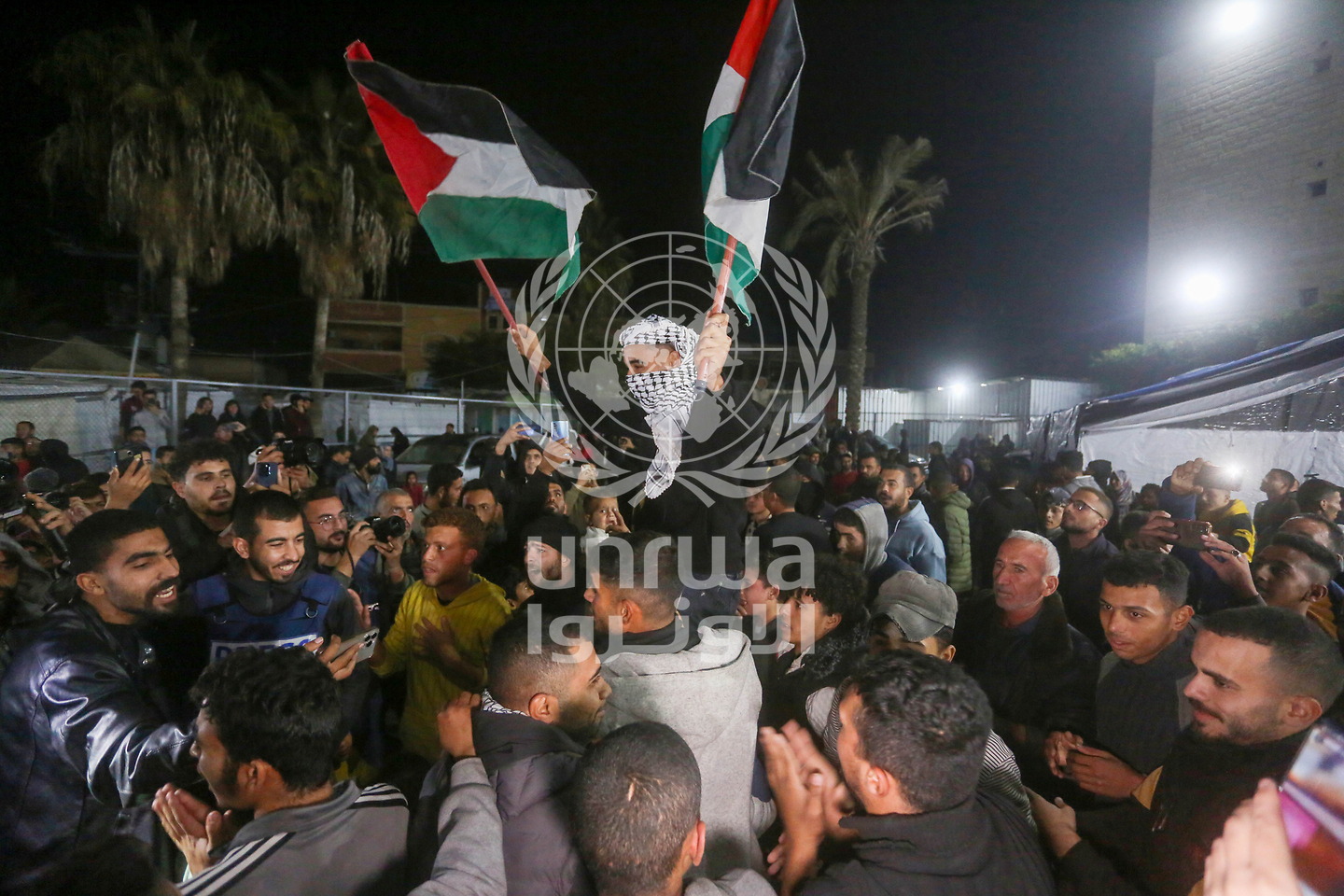

Meeting coverage SC/15972 from yesterdays 9843rd meeting of the United Nations Security Council.
Verbatim records to be issued as document S/PV.9843 | Web TV video recording.
Partial quote below, statements from the delegates have been omitted, see SC/15972 for full story.
Dialogue ‘Central Axis in Construction of Peace’ in Colombia, Special Representative Tells Security Council
Amid one of the deadliest waves of violence in Colombia since the signing of the 2016 Final Agreement for Ending the Conflict and Building a Stable and Lasting Peace, speakers in the Security Council today underscored the urgency of implementing the accord’s security guarantees.
Carlos Ruiz Massieu, Special Representative of the Secretary-General and Head of the United Nations Verification Mission in Colombia, said that the first days of 2025 have been marred by violence in the country. “I am deeply saddened by the actions that have bloodied the remote Catatumbo region of north-east Colombia since late last week, claiming dozens of lives,” he said. According to numerous reports, many of the victims were individually targeted and killed.
The bloodshed — the result of an attack by Ejército de Liberación Nacional (ELN) in an area of presence of a rival armed group known as Estado Mayor de los Bloques y Frentes (EMBF) — is part of the ongoing confrontation between armed groups in various areas of the country with a limited State presence. The success of the Ministry of the Interior’s rapid response plan, aimed at accelerating the implementation of the 2016 peace agreement, will depend directly upon the availability of resources, he went on to say.
It is also critical to accelerate the implementation of the ethnic chapter of the Final Agreement, which focuses on the needs and protection of Colombia’s Afro-Colombian and Indigenous communities. “The Bari and Yukpa are among the populations affected by the violence in Catatumbo,” he said. Moving forward, the gender provisions of the peace agreement will require adequate funding, proactive leadership and constant engagement with women’s organizations.
In the last six days alone, over 80 people have been killed in the Catatumbo region, 100 have been kidnapped and over 30,000 have been displaced, said Diego Tovar, Representative of the high contracting party to the Commission for the Follow-up, Promotion and Verification of the Implementation of the Final Agreement. He warned that the violence “threatens to spread to other regions”, with ethnic communities, women and children being among the most affected by the reconfiguration of the armed actors.
Also, he added, impunity continues to be extremely high for the assassination of former combatants, reaching 90 per cent. Some ex-combatants remain imprisoned after the signing of the Agreement and are waiting for the jurisdiction to generate prompt solutions to their cases. Eight years on, the reintegration process remains precarious. Its non-implementation and persistent violence led 80 per cent of former combatants to leave their territorial areas, he said, pointing to their “massive displacements” in 2023 and 2024.
Armando Wouriyu Valbuena, Secretary of the Special High-Level Body on Ethnic Peoples of Colombia, noted that ethnic peoples constitute 10 per cent of the Colombian population and occupy one third of national territory. “As such, we are environmental guardians for the rest of Colombians and the planet,” he stressed. He recalled that ethnic and Indigenous groups were the only stakeholders to conclude an agreement with the Colombian Government and the former Fuerza Alternativa Revolucionaria del Común (FARC), leading to the Ethnic Chapter — a first in the history of peace agreements to have an ethnic perspective. However, after eight years of implementation, that Chapter continues to be the most neglected, despite being intended to solve underdevelopment for communities of African descent and Indigenous communities.
Substantive improvement in the pace of implementation requires that the instances provided for in the Agreement must be activated by the various stakeholders in peace. The committee on follow-up and implementation monitoring is an inactive body, he noted — but has the potential to bring together representatives of the Colombian State and peace agreement signatories of the now-extinct FARC. Calling on the Government “to include us in the 16 national sectoral plans for comprehensive rural reform and development plans”, he noted that in the Catatumbo area, “former combatants and my brothers from the Bayou people are victims of displacement, and others of confinement” — further requesting that the National Commission enact security guarantees.


Press release SG/SM/22531 from the Secretary-General, 2024-01-24.
Statement on the Secretary-Generals website, with Arabic translation.
Strongly Condemning Houthi De Facto Authorities’ Arbitrary Detention of United Nations Personnel in Yemen, Secretary-General Demands Their Immediate, Unconditional Release
UN News, 2025-01-24, “World News in Brief: More UN staffers detained in Yemen, education hit by climate crisis, Nigeria aid plan”
Parts relevant to Yemen quoted